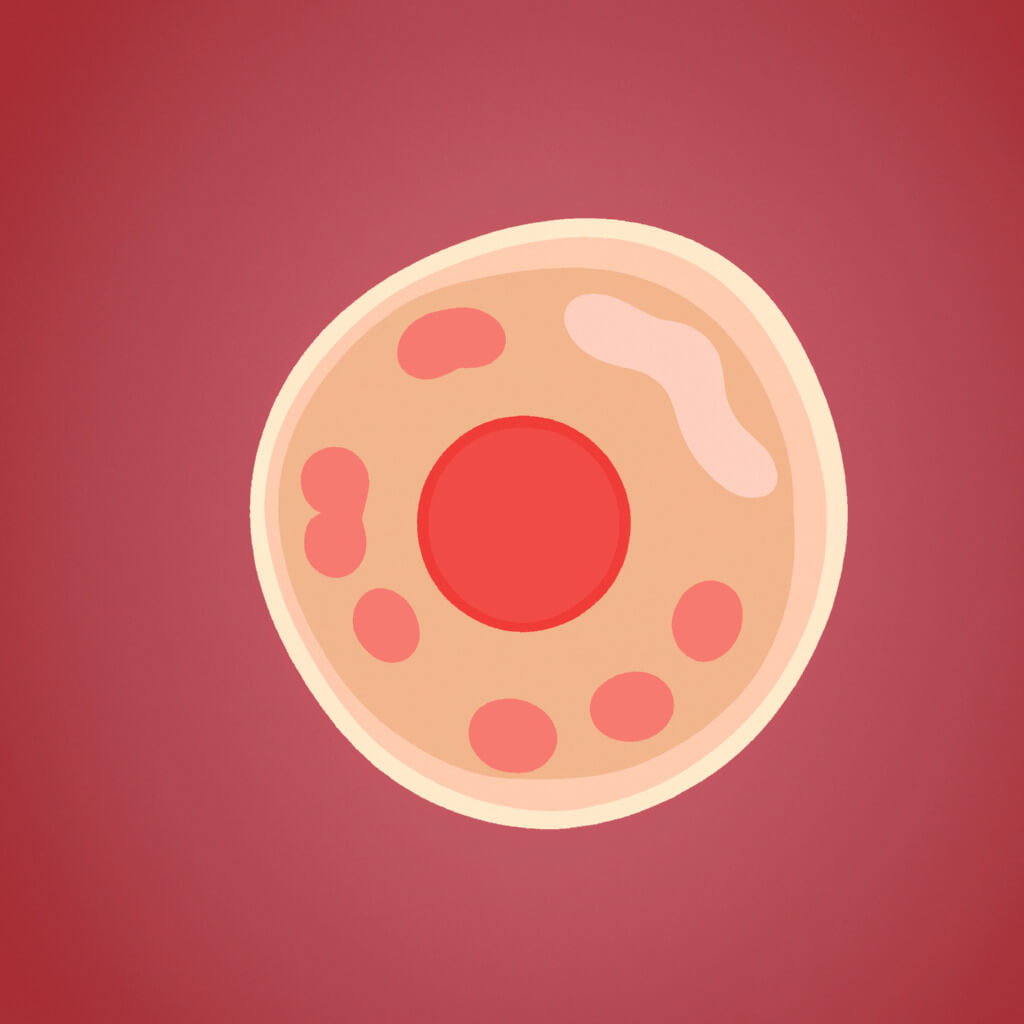Welcome to Week 11: A Time of Swift Growth
Can you believe it? You’ve arrived at the 11th week of your pregnancy journey! Your
A Little Fig: Your Baby ‘s Size at 11 Weeks
Imagine holding a ripe, juicy fig in your hand. That’s about the size of your
Baby Development: A Time of Rapid Change
During the 11th week of your pregnancy, your
- The Head: Your
baby ‘s head is about half the size of the entire body, signifying the rapid development of the brain. - Eyes, Ears, and Nose: The eyes are moving closer together, and the ears are moving toward their final position on the sides of the head. The nostrils are also becoming more defined.
- Fingers and Toes: Your
baby ‘s digits are no longer webbed. They’re growing more defined, inching closer to the adorable little fingers and toes you’ll soon be tickling. - Hair and Nails: The foundations for hair and nails are forming, though it’ll still be a while before you’ll see any cute little curls or need to trim tiny nails.
Ain’t that something? All these developments, and yet, the
Your Body at 11 Weeks: Embracing Changes
While your
You might still be grappling with the throes of morning sickness, but hang in there; the end is near. Generally, nausea and queasiness subside as you move toward the second trimester.
Changes are also happening to your breasts as they prepare for breastfeeding. They may feel tender, appear fuller, or even grow a size or two larger.
11 Weeks Pregnancy Symptoms: What You Might Experience
Every woman’s pregnancy is unique, and so are the symptoms. Some of the common symptoms you might experience at this stage include:
- Frequent Urination: Your expanding uterus puts pressure on your bladder, leading to more frequent bathroom trips.
- Fatigue: Hormonal changes and the extra effort your body puts into nurturing your
baby may leave you feeling tired. - Increased Vaginal Discharge: An increase in clear, odorless vaginal discharge is normal at this stage and helps prevent infections.
- Visible Veins: As your blood supply increases to nourish your
baby , your veins might become more noticeable.
It’s important to remember that these symptoms are typically a normal part of pregnancy. However, if anything feels off or if you have concerns, don’t hesitate to reach out to your doctor or midwife.
Nurture with Nutrition: Your Diet at 11 Weeks
Your diet during pregnancy plays a vital role in your health and your
Here are some food groups you should focus on:
- Proteins: Sources like lean meats, poultry, fish, eggs, and plant-based proteins (like legumes and soy products) support your
baby ‘s rapid growth. - Calcium-Rich Foods: Dairy products, fortified plant milks, and leafy greens help form your
baby ‘s bones and teeth. - Fruits and Vegetables: These offer essential vitamins and minerals and aid digestion.
- Whole Grains: Foods like whole grain bread, brown rice, and oatmeal provide necessary energy.
Don’t forget to drink plenty of water to stay hydrated and aid digestion.
What’s on the Agenda? Your Week 11 Checklist
This week may be a good time to:
- Schedule your prenatal visit: Around 11 weeks, you may be offered a nuchal translucency screening to assess your
baby ‘s risk of certain chromosomal conditions. - Consider telling your boss: If you haven’t shared your exciting news at work yet, now might be a good time.
- Start thinking about the future: It’s never too early to start considering childcare options or to start planning your maternity leave.
Your Baby ‘s Sneak Peek: The Ultrasound
You may get a glimpse of your
Key Takeaways at 11 Weeks Pregnant
To recap, during the 11th week of your pregnancy:
- Your
baby , about the size of a fig, is growing rapidly. - Remarkable developments are happening, including the formation of distinct fingers and toes.
- Your body is changing to accommodate your growing
baby , and you may experience various symptoms. - Nutrition is critical for your
baby ‘s development, and maintaining a balanced diet is essential. - This week is a good time to schedule your next prenatal visit, share your news at work, and start planning for the future.
Remember, every pregnancy is unique, just like every
Frequently Asked Questions about Week 11 of Pregnancy
Q1: Is it normal to experience changes in appetite at 11 weeks?
A: Yes, it’s quite common. Some expecting mothers may experience food cravings or aversions due to hormonal changes. Ensure you maintain a balanced diet to meet your and your
Q2: I don’t have a visible
A: No, there’s no need to worry. Everyone’s body responds differently to pregnancy. While some women may start to show a
Q3: How does my
A: Your
Q4: Should I expect any changes in my skin during week 11?
A: Pregnancy hormones may cause changes in your skin. Some women may experience a “pregnancy glow,” which is a result of increased blood circulation causing the skin to appear flushed. Others might face issues like acne or changes in skin pigmentation.
Q5: I’ve heard of something called ‘quickening.’ When can I expect this?
A: Quickening, or the first perception of
Q6: What safety precautions should I take during the 11th week of pregnancy?
A: Continue to avoid alcohol, limit caffeine intake, avoid raw or undercooked food, and stay away from heavy lifting. Always consult your healthcare provider before taking any new medication or supplement.
Q7: Can my emotional state affect my
A: While mild stress and fluctuating emotions are a normal part of pregnancy, chronic or severe stress might impact your pregnancy. It’s crucial to find healthy coping mechanisms such as deep breathing, meditation, light exercise, or talking to a professional if needed.
Footnotes
- American Pregnancy Association. (2019). Pregnancy Week 11. ↩
- Mayo Clinic. (2020). Symptoms of pregnancy: What happens first. ↩








